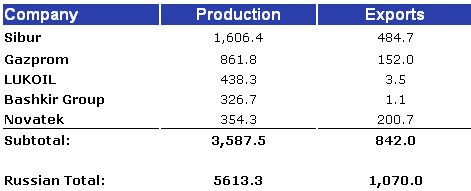If you’re a farmer in the U.S. that uses propane and in need of a new truck, you’ll be happy to learn you have a shot at winning a state-of-the-art propane-fueled ROUSH® F-150 pickup by entering a new contest sponsored by the Propane Education and Research Council (PERC).
The contest, part of PERC’s Propane Tank Tales Program, requires contestants to write a story about how they use propane on the farm. PERC Director of Agriculture Programs, Mark Leitman, says that PERC is “always looking to hear from the field about how propane is used on the farm.” The Propane Truck Giveway is an excellent means for PERC to obtain dialogue from propane users on the farm that use propane for various means other than home heating (i.e., weed flaming, crop drying, irrigation, frost control, etc.).
Details about the contest can be found at http://www.agpropane.com/tanktales . General rules that apply to the contest are as follows:
From now until October 30, every farmer who fills out a Propane Tank Tales Program application at www.agpropane.com/tanktales will receive a pair of propane-branded work gloves. Eligible agricultural producers will be automatically entered into the random drawing for the truck. To be eligible to win the vehicle, the producer must meet a few requirements:
- Be a U.S. agricultural producer.
- Use at least 1,500 gallons of propane annually on the farm.
- Use the fuel in an agricultural application, not for home heating or another non-farming purpose.
- Be a propane customer in good standing with his fuel supplier.
- Be a legal driver who is 21 years of age or older.
PERC’s vision is that by 2010 the agricultural industry will embrace propane as a preferred energy source that offers cost-effectiveness, efficiency and productivity, reliability, portability, and environmental friendliness.
For more information on PERC and its programs to promote the safe and efficient use of propane in agriculture, visit www.propanecouncil.org or call 202-452-8975.
